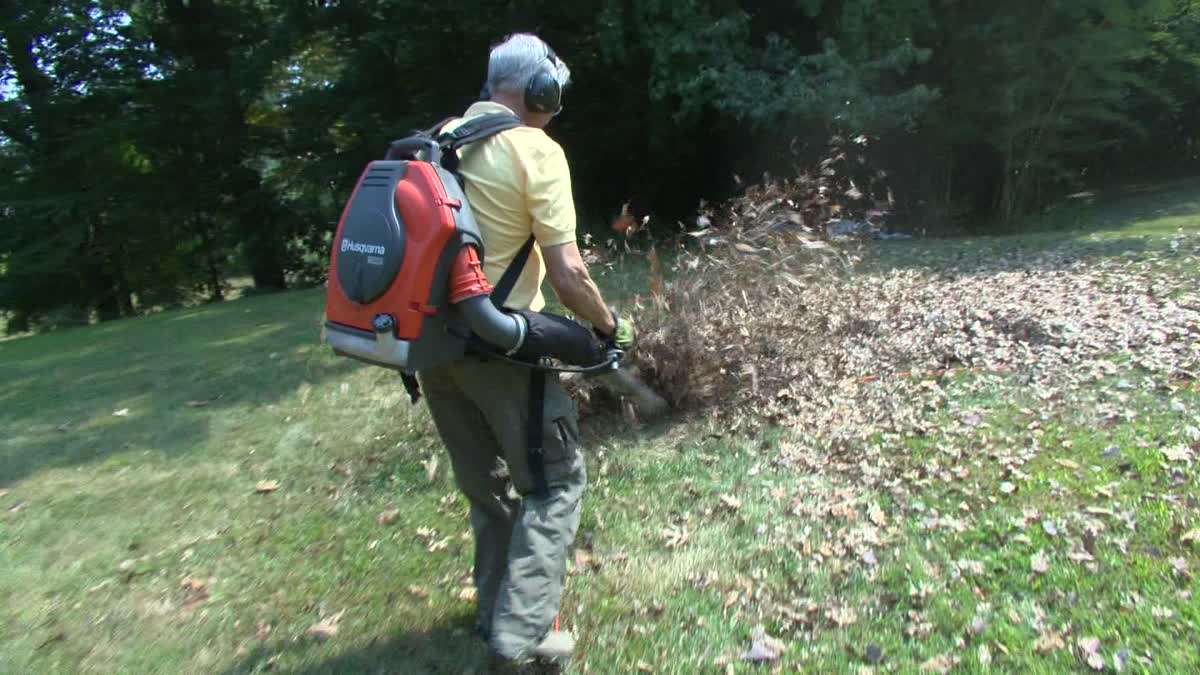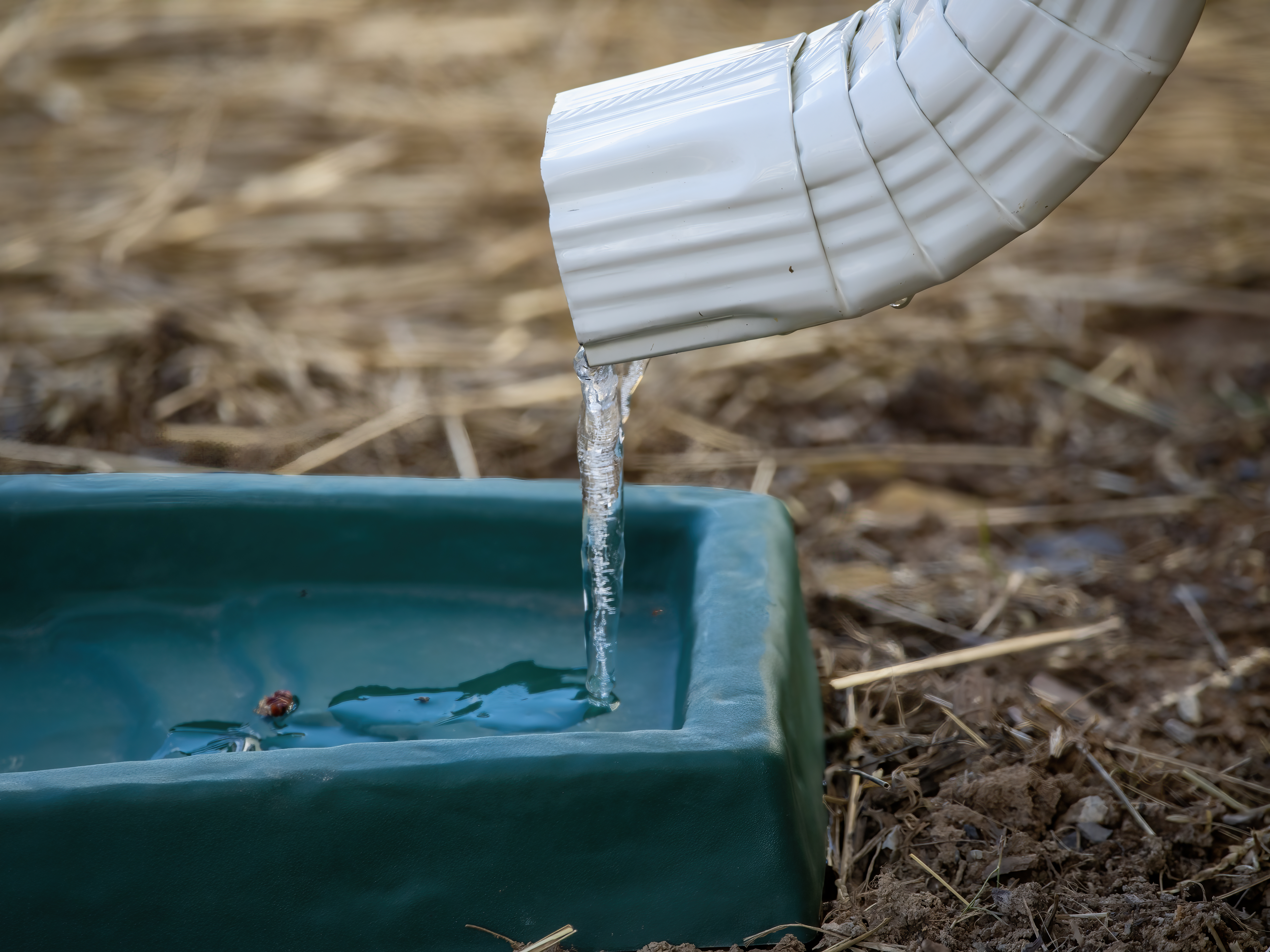As cases of the coronavirus begin to rise in Illinois and parts of the U.S., due in part to the now-dominant BA.2 omicron subvariant, the risk for being exposed to someone with COVID is also slowly climbing. But when might symptoms first appear following a potential exposure?
Some experts say the omicron variant "sped up" timing for what many once knew with COVID, including the incubation period, or the time between exposure and the start of symptoms. Late last year, guidance from the Centers for Disease Control and Prevention surrounding quarantine and isolation were updated to reflect that change.
How Long After COVID Exposure Could Symptoms Appear?
According to the CDC, COVID symptoms can appear anywhere from two to 14 days after someone is exposed to the virus.
Feeling out of the loop? We'll catch you up on the Chicago news you need to know. Sign up for the weekly Chicago Catch-Up newsletter here.
But guidelines state those who were exposed should watch for symptoms until at least 10 days after the last close contact with someone who had COVID.
The CDC says that its guidelines were updated to reflect growing evidence that suggests transmission of COVID-19 often occurs one to two days before the onset of symptoms and during the two to three days afterward.
Anyone with symptoms should get tested.
Local
For those without symptoms, CDC guidance states they are considered contagious at least two days before their positive test.
Which Symptoms Should You Watch For?
As BA.2 cases continue their dominance across the Midwest and U.S., which symptoms should you watch for?
Northwestern's Dr. Michael Angarone, an associate professor of medicine in infectious diseases, said the symptoms for BA.2 are similar to those seen in many COVID infections.
"So this is the same virus, so SARS Coronavirus 2, so we're seeing the same symptoms," he said.
Dr. Gregory Huhn, an infectious disease physician and the COVID-19 vaccine coordinator for Cook County Health, noted that while omicron led to more upper respiratory symptoms, it remains too early to tell if BA.2 will continue that trend.
"I don't know if we, right now, know the particular features that are distinct for BA.2 versus BA.1. I mean, for BA.1, we knew that it was mostly an upper respiratory-type infection rather than the lower respiratory infections that can lead toward pneumonia and further and greater complications," he said.
Still, NBC News reported symptoms associated with BA.2 seem to largely mirror a small number of symptoms commonly reported in omicron infections. Those include:
- Cough
- Fatigue
- Congestion
- Runny Nose
Anecdotal reports have suggested that dizziness could be a possible symptom, but they are so far unfounded.
"We will have to wait and see what exactly that means," said Dr. Rachael Lee, an associate professor of infectious disease and a health care epidemiologist at the University of Alabama at Birmingham. Infections in general can cause dizziness if people become dehydrated, she said.
"When we are sick and our body is taking care of the infection, we can get things like fever," Lee said. "If you have fever, in particular, and if you're sweating a lot, you're losing a lot of fluid."
For some people, coronavirus causes mild or moderate symptoms that clear up in a couple weeks. For others, it may cause no symptoms at all. For some, the virus can cause more severe illness, including pneumonia and death.
Most vaccinated people either have no symptoms or exhibit very mild symptoms, according to health officials, and the virus rarely results in hospitalization or death for those individuals.
Still, omicron presented a shift in common symptoms for many.
Dr. Katherine Poehling, an infectious disease specialist and member of the Advisory Committee on Immunization Practices, told NBC News in January that a cough, congestion, runny nose and fatigue appear to be prominent symptoms with the omicron variant.
But unlike the delta variant, many patients were not losing their taste or smell. She noted that these symptoms may only reflect certain populations.
The symptoms COVID infections, according to the CDC, include:
- Fever or chills
- Cough
- Shortness of breath or difficulty breathing
- Fatigue
- Muscle or body aches
- Headache
- New loss of taste or smell
- Sore throat
- Congestion or runny nose
- Nausea or vomiting
- Diarrhea
When is the Best Time to Test?
The CDC states that anyone who may have been exposed to someone with COVID should test five days after their exposure, or as soon as symptoms occur.
"If symptoms occur, individuals should immediately quarantine until a negative test confirms symptoms are not attributable to COVID-19," the guidance states.
Those who develop symptoms should get tested as symptoms develop, but if a test is negative and symptoms persist another test might be needed a few days later, particularly for those who use at-home test kits.
"So if someone is having symptoms and they get a negative test, one, it depends on the severity right? If you're having severe symptoms we don't want you to just do a home test either," Dr. Nimmi Rajagopal, the associate chair of the Department of Family and Community Medicine for Cook County Health, told NBC 5 during the omicron surge late last year. "We want you to call your doctor's office and make sure that they have an opinion here because there are of course other things like the flu that are out there that can mimic symptoms or have similar symptoms. But if you're having symptoms and they're kind of mild and lingering and you use the [at-home] test and it's negative, we want you to take the precautions and then retest in three to five days. And that's why most of these kits actually come with two tests."
When Should You Call a Doctor?
The CDC urges those who have or may have COVID-19 to watch for emergency warning signs and seek medical care immediately if they experience symptoms including:
- Trouble breathing
- Persistent pain or pressure in the chest
- New confusion
- Inability to wake or stay awake
- Pale, gray, or blue-colored skin, lips, or nail beds, depending on skin tone
"This list is not all possible symptoms," the CDC states. "Please call your medical provider for any other symptoms that are severe or concerning to you."
You can also notify the operator that you believe you or someone you are caring for has COVID.
What to Do if You Test Positive or Believe You Were Exposed?
Follow the guidelines for isolation or quarantine from the CDC. Click here for the latest.



